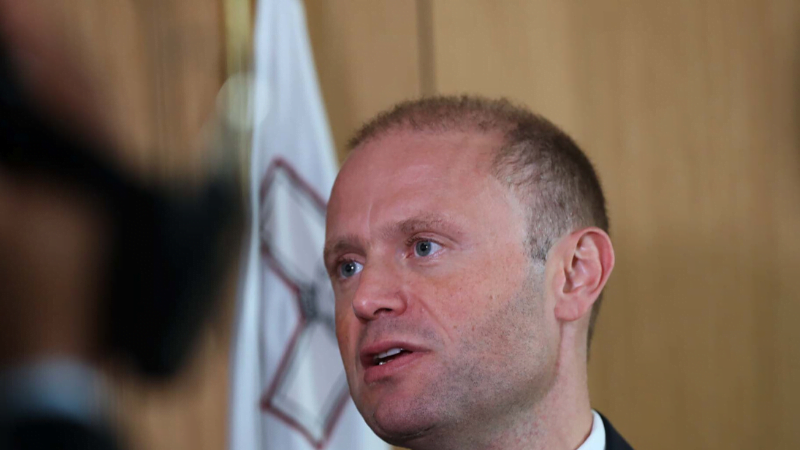The world is aware that Malta, under the premiership of Joseph Muscat, has become as a point of convergence and a hub of organised crime spanning various jurisdictions.
The total hijack and systematic weakening of Malta’s institutions by the Muscat government created the right environment for all this – a climate of brazen impunity ideal for organised crime, corruption, money laundering and terrorist financing.
There is no government estate, agency, or constitutionally appointed institution that is not under the prime minister’s control thanks to Muscat’s legacy – the legislative, the executive, the judiciary, the police, the Attorney General’s office, and every government agency and regulatory body.
One bastion remains, though it is highly compromised too – the fourth estate, the media. And the Labour Party in government has worked hard to dominate it.
Muscat, Keith Schembri, Konrad Mizzi and their associates had long been planning this transformation. When the Labour Party won the general election in 2013, its top officials in government hit the ground running to kick off their business plan.
Barely had the votes been counted before Schembri (the then-Prime Minister’s chief of staff), Mizzi (the most powerful minister in the Cabinet) and their associates made a dash to Nexia BT to open secret companies in Panama. It was a very busy time for Nexia BT, as besides setting up these companies they were intimately involved in the major shady deals of Muscat, Schembri and Mizzi, such as the Vitals hospitals deal and Electrogas.
The police and the Attorney General should have enough evidence to send several people to jail for a lifetime. It has been within their reach for a long time. It’s still there, but the longer it takes to convert the evidence into prosecution and a conviction, the weaker the evidence becomes as trails turn cold, and there is more time and opportunity to hide or obstruct.
Yet they have deliberately not acted due to a mishmash of political interference, corruption, collusion, negligence and incompetence, as we have learnt from the public inquiry into the assassination of journalist Daphne Caruana Galizia.
In the meantime, Malta’s international reputation has become that of a cesspool of crime and a haven for money launderers. This is not due to some PN MEPs badmouthing Malta in Brussels, as the prime minister would have us believe. It is the result of the government’s insistence on protecting and nurturing impunity in the country, and its relentless attrition of human rights, freedom of expression, rule of law and, ultimately, democracy.
This remains a fact, despite the government’s efforts to fool the Venice Commission, the European Commission, Moneyval and the Council of Europe into believing that it has upped its game in the area of good governance.
Malta will pay a heavy price for this. The only new ‘sector’ the Labour Party has created in its seven years in government is prostituting European citizenship, which has drawn the EU’s ire. In other words, selling Maltese (and European) citizenship to people to launder their identity, acquire free movement across the EU and have the faculty of moving their money across jurisdictions with greater ease.
And that will soon come to an end or have to change dramatically, especially following the Cyprus Papers leak which led to Cyprus’s shutting down its cash for passports programme.
Our poor standing with the European Commission (along with the almost certain negative Moneyval report due later this year) will also put us in a weak negotiating position in Brussels with regards to Malta’s corporate tax system.
Malta already has problems attracting FDI (foreign direct investment) due to its fragile banking facilities. Malta has around 25 banks. In recent years three have been shuttered due to wrongdoing, and a major one (BoV) is facing a series of problems due to bad governance leading to mistrust by correspondent banks which the bank needs to offer its clients dollar services. HSBC has also indicated its intent to withdraw from Malta.
That will leave Malta – a country that promotes itself as a financial services hub and a good place for foreign investment – with no large banks that can handle clients of a certain size.
This situation was bought about by a few men, those who enabled their illicit activities, those who defended them, and those who closed an eye to them.
Such as the Cabinet, of which Robert Abela, the present prime minister formed a part. Such as the leadership of the Labour Party. Such as ex-Police Commissioner Lawrence Cutajar and the former Attorney General, Peter Grech.
The saddest part is perhaps that none of these people has as yet faced justice. The wheels of justice turn slowly in Malta, but ‘the mills of the gods grind slowly’… and there’s a large group of people who will not rest till they grind small.












